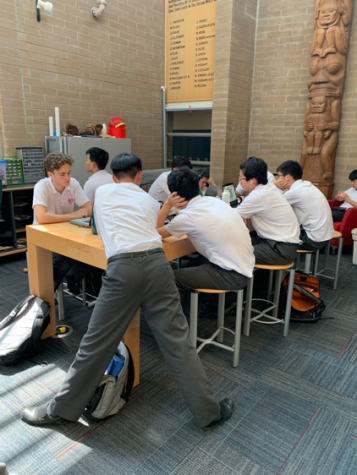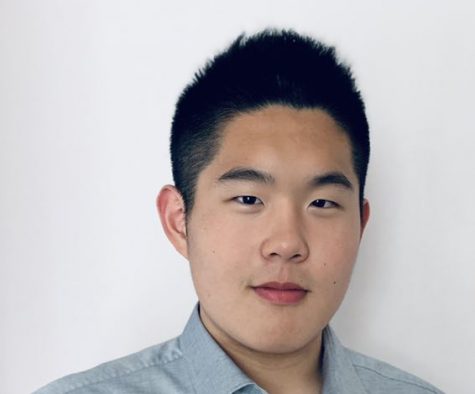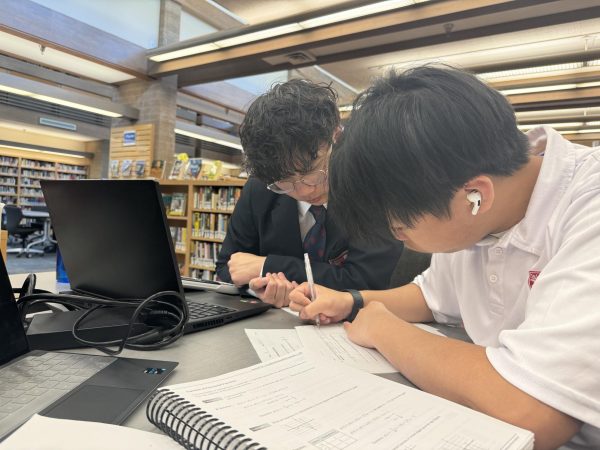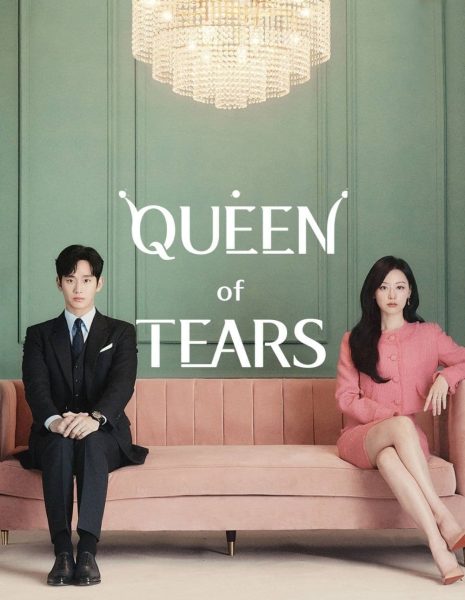My Conversation With the Tiger (Parents)
It was 9:30 p.m., and Vancouver, like most Canadian cities, was falling into a graceful slumber. Ms. Xu stood as a silhouette under the dim street lights waiting for her son, Jack, who was having his pre-calculus tutoring in a nearby building. She had been chauffeuring her son to various tutoring sessions since 3 p.m. and a faint scent of the chive dumplings they had for dinner still lingered inside their white Tesla. She saw me walking towards her and a waved a weak wave. Together, we walked towards the newly renovated Starbucks two blocks ahead.
Ms. Xu represents a new generation of overseas Chinese parents who are willing to spend an astonishing amount of time, money, and energy to help their children succeed in school. “Parenting is not an easy task. You not only need to feed your child, dress your child, and keep your child happy and healthy but also to make them successful in school and go to an elite university like Cambridge, Oxford, or an Ivy League school,” answered Ms. Xu when asked why she has adopted such an academically intensive approach to child-rearing.
In fact, as psychologist Hara Estroff Marano indicates in Psychology Today, this heavily involved and often overwhelming parenting style has also become popular among many non-immigrant parents in North America. In their book Love, Money & Parenting, Matthias Doepke and Fabrizio Zilibotti describe this child-rearing trend as “the rise of the helicopter parents.” They believe this is mainly due to the changing socioeconomic situation in today’s highly competitive world. Parents believe they must act as the compass that guides their children through these turbulent times.

St. George’s School, like any elite private school, is populated by high-achieving students. Unsurprisingly, many of their parents approve of authoritative parenting. Contrary to their parents’ best wishes, however, the students are not always cooperative. As Ms.Liu, a parent at St. George’s said, “I believe lots of children naturally don’t want to push themselves too hard. Instead, like my son, they want to enjoy what they like, such as video games or YouTube videos. Therefore, some sort of force is required when children resist.”
When asked if such a forceful, authoritative parenting style has negatively impacted her relationship with her son, she admitted that it did, but immediately justified her parenting style through a series of stuttered phrases. “I believe life success is built on getting into a prestigious school. His future depends on current hard work, which he cannot do alone, and I have to get involved, even though it means some sort of tension at times.”
My interviewees’ anxiousness about their sons’ success in school and the future reminds me of the university admissions scandal in the news two years ago. They echo those elite-university-hungry parents who paid money to help their children cheat their way into selective universities, though hopefully the parents I interviewed would not be as extreme.
As I sipped the last couple drops of my coffee and we got ready to leave the mostly empty Starbucks, Ms. Xu ordered another grandé Caffè Americano, this time for her twelve-year-old son. “He still has some homework to do before going to bed at 12 o’clock.” I hope the bitter coffee will make it possible for him to have a sweet future.

Jason is a grade 12 student at saints and he is honoured to be serving as Co-Lead Editor alongside Tom Xu this year. At school, he is a debate Co-Captain...








